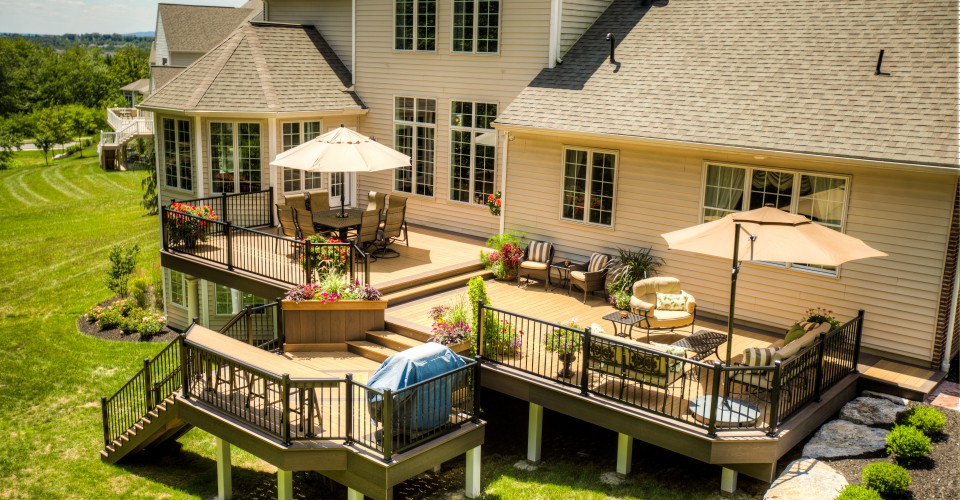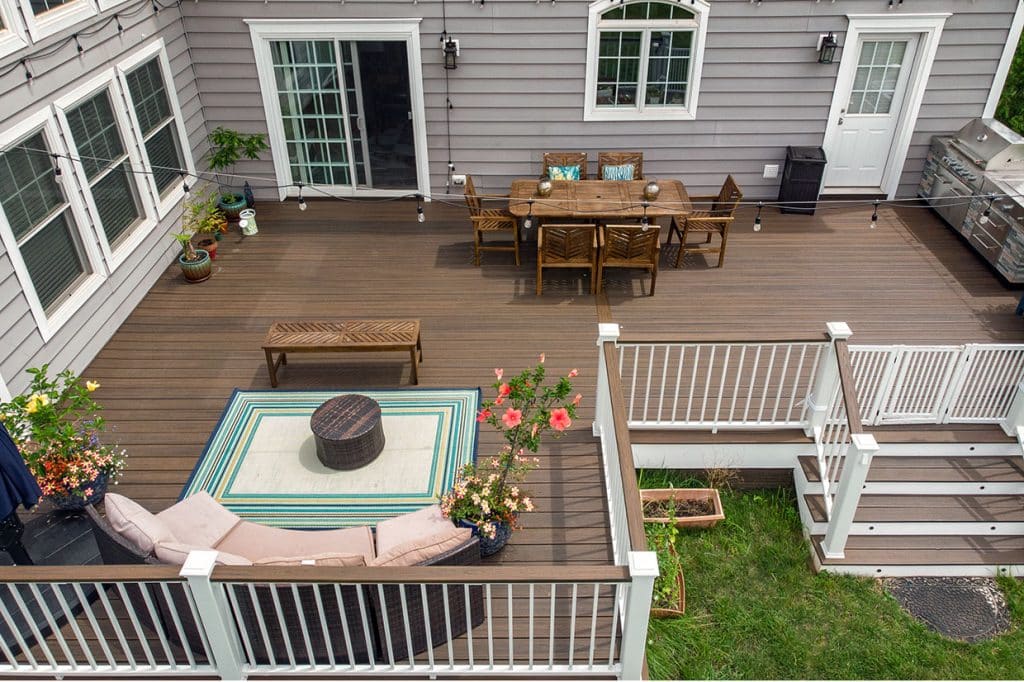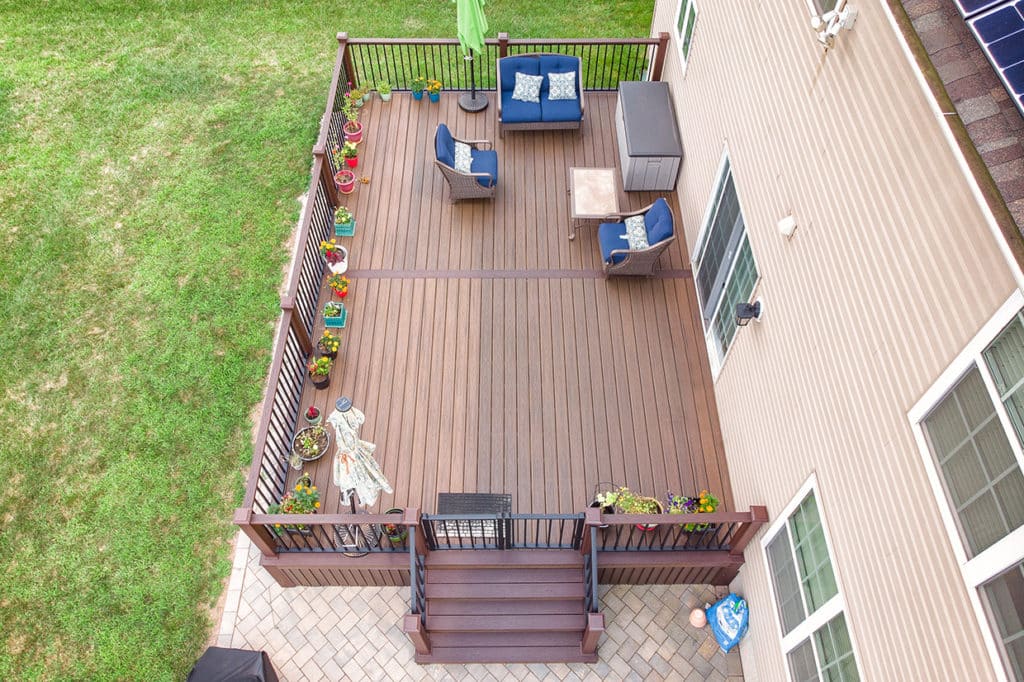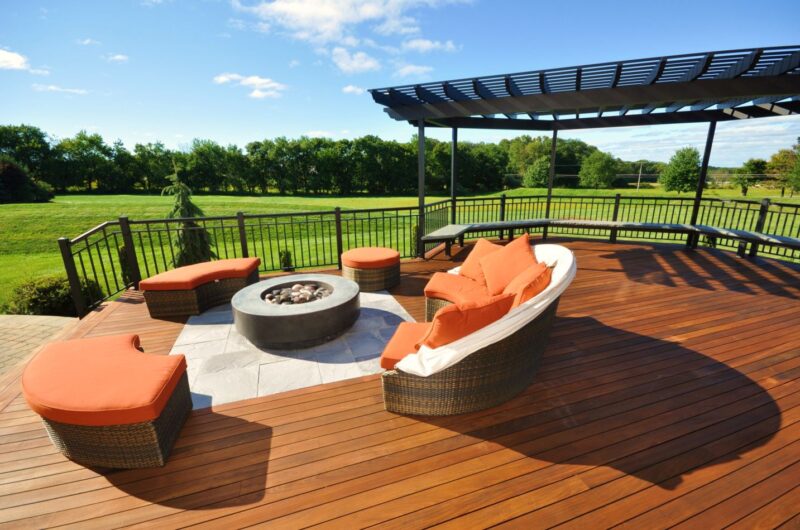Building a backyard deck is an exciting project that can add beauty, value, and functionality to your outdoor space. But before you start constructing the perfect outdoor oasis, it’s important to understand the permits and regulations associated with deck building.
In this article, we’ll discuss what you need to know about local regulations, safety considerations, and more when planning a backyard deck build. No matter what kind of vision you have for your dream outdoor living area, having the information needed for a successful build starts here.
Understanding Local Building Regulations

Building a backyard deck can be an exciting renovation project, but it’s important to understand local building regulations before getting started. Knowing the legal framework in your area helps ensure that you construct your deck properly and don’t face costly fines or penalties for non-compliance. If you’re in Richmond Hill, Ontario, for example, you can visit this website for more information on local building regulations: https://decksforlife.ca/deck-builder-in-richmond-hill/.
Depending on where you live, there may be specific laws governing how large or high your deck can be, as well as what materials are allowed for construction. You’ll also need to know whether a permit is necessary and if so, how to apply for one from the appropriate municipality. Understanding local building regulations is essential when it comes to making sure your dream backyard deck becomes a reality in a safe and compliant way.
Obtaining the Necessary Permits for Deck Construction

If youre planning to construct a deck in your backyard, obtaining the necessary permits and adhering to all applicable regulations is an important part of the process. Depending on where you live, permits may be required for decks at certain sizes or heights, as well as those that are attached to homes. Before beginning construction, it’s important to contact your local building department and ask about any permit requirements specific to your area. Generally speaking, most municipalities require a permit if the deck is higher than 30 inches off the ground or larger than 200 square feet. You may also need additional engineering documents if there are steep slopes involved or other special considerations.
Deck builders should always check with their municipality before starting any project because many cities have different laws from one another and even within neighborhoods. Additionally, some areas require homeowners to obtain variances for structures like decks to meet zoning restrictions—for example, if your property isn’t zoned for permanent structures such as decks—so make sure you understand what’s allowed before taking on this kind of project. In addition to municipal regulations, materials used in constructing a deck must comply with national safety standards – especially when it comes to railings – so be sure that anything you purchase meets these guidelines before purchasing them and using them during construction.
When contractors build decks they must follow strict codes put forth by the International Residential Code (IRC) which covers various aspects of homebuilding including size limits and railing height specifications among others – so make sure whoever builds yours has experience working under these rules too! Overall, obtaining all necessary permits can seem daunting but following these steps will help ensure that everything runs smoothly during deck construction: contact local building departments; seek out variances when needed; use compliant materials; adhere strictly to IRC specifications. Doing so will ensure compliance not only with local ordinances but also with international safety standards and give peace of mind should future inspections ever arise!
Potential Zoning Restrictions that May Impact Your Deck Project

When it comes to building a backyard deck, there are certain zoning restrictions that you will need to take into account. Depending on your local laws and regulations, these zoning restrictions can vary greatly from city to city. In some areas, zoning boards may not allow decks over a certain size or they may require additional permits depending on the scope of the project. Some municipalities even have height restrictions that impact the placement of your deck for fences or other structures.
You should always check with your local government before starting any construction projects as failure to comply with applicable laws could result in costly fines or delays in completing your project. Knowing what is allowed and required by law can help you stay within budget while also adhering to all legal requirements for your new outdoor space.
Researching Land Use Laws Relevant to Your Property

Researching the land use laws relevant to your property is essential when building a backyard deck. Knowing local regulations and zoning ordinances can help you get all of the necessary permits in order, while also ensuring that you stay within legal boundaries. Start by contacting your local planning department or zoning board to find out what rules apply to you.
Ask about setbacks from property lines, allowable size, and height restrictions, as well as any other requirements such as landscaping, construction materials, and fire safety measures. You should also check if your area requires special inspections during construction or a review of plans before beginning work on your project. Taking the time upfront to research the applicable laws for your specific location will ensure that everything runs smoothly throughout the process of building a backyard deck.
Conclusion

Building a deck in your backyard is an exciting and rewarding task, however, it’s important to make sure that you follow all the necessary permits and regulations. It’s also essential to have an experienced deck builder help you through the process.
This way, you’ll ensure that your project meets building codes and other requirements for safety and stability. With careful planning, understanding of local ordinances, and working with a trusted deck builder like Deck Builder Inc., there’s no reason why your dream outdoor living space can’t become a reality!


